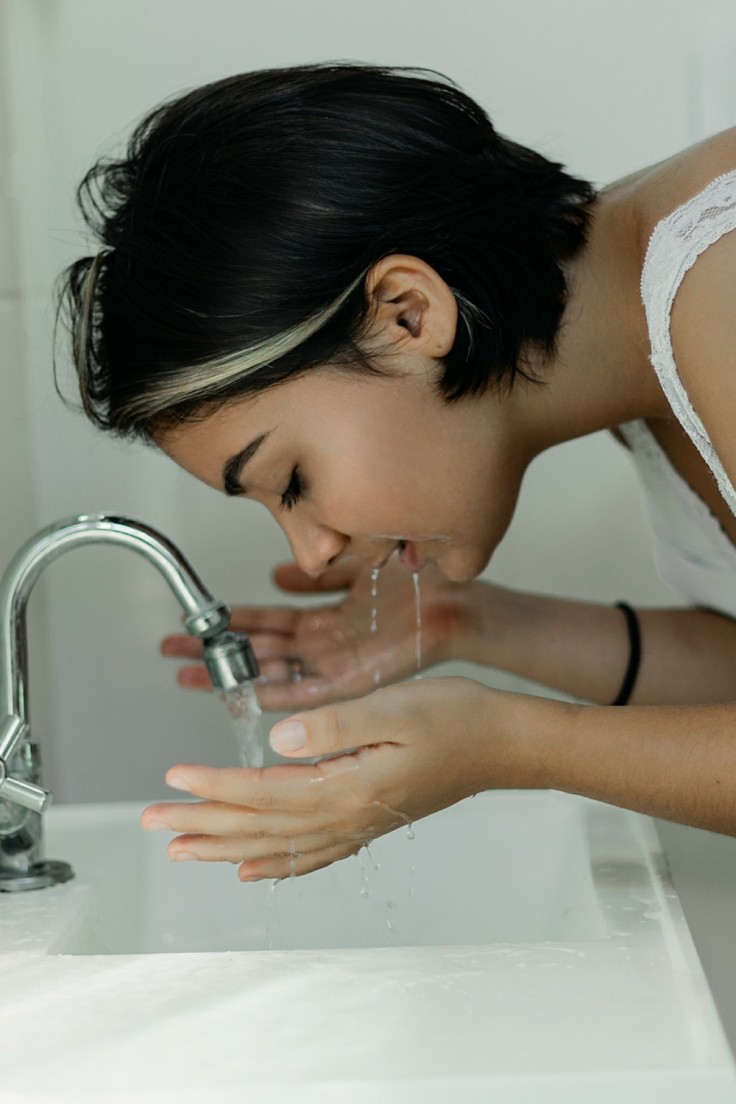
No one, particularly in college, likes to wake up to a huge zit in the middle of their forehead. Acne is made up of various bumps, including whiteheads, blackheads, cysts, and pimples. You probably have a vague notion that acne is caused by hormones, and that's usually true about the time they hit puberty for most people. But we need to understand why the skin acts the way it does for college students.
It is important to recognize that everyone has a very different type of skin before we can start putting together a skin care routine. What works for one person, therefore, may not work for another.
It is unlikely that people of normal skin type will have any significant imperfections in their skin and skin that is not too oily or too dry. Their pores are not noticeable and not too sensitive to their body.
The most common type is the combination skin type. Combination skin means dry in some areas but oily in other parts. For example, many people may have dry cheeks but have an oily T-Zone - which is the forehead, nose and chin.
The next one is the dry skin, characterized by red patches, dull complexion, more prominent lines in your eyes, and almost invisible pores. If you have dry skin, you probably know it.
Another skin type is self-explanatory. Due to enlarged pores, the oily skin form appears as bright or greasy, and defects are common.
Finally, because it's so finicky, one of the trickiest skin types to work with is the sensitive skin type. This skin can react negatively to some products, which may result in redness, itchiness and a burning sensation. If you have sensitive skin, choosing the right products is a must.
Now that you know what your skin type is, it's time to cover the very basics of what a skin care routine is. The things you need to do are the following:
1. Cleansing
Washing your face is just a very simple move to avoid any make-up, dust, sweat or bacteria from building up and blocking your pores. Washing your face twice a day - once in the morning and once at night - is highly recommended.
If you are struggling with acne, salicylic acid and benzoyl peroxide are two ingredients to look for in your cleansers. Salicylic acid helps to unblock pores while benzoyl peroxide helps destroy acne-causing bacteria.
2. Moisturize
Even if you have oily skin or think it will only make your acne worse, that's not going to happen. Once you cleanse, moisturizing is necessary because cleansing eliminates the bacteria from your body and also wipe away the natural oil created by your pores. You have to moisturize to replace the natural moisture in your face.
3. Sunscreen
Basically, being sun-burned will not help with the texture of your skin. Using a specifically designed sunscreen for your face will help prevent aging skin, dryness, and even skin cancer.
4. Exfoliator
When you find that you have a lot of dead skin cells on your head, gentle exfoliation will help you get rid of them, thereby preventing acne. There are two types of exfoliators: chemical and physical.
Chemicals are used in chemical exfoliation to remove the skin's top layer while in physical exfoliation sugar granules or jagged particles are used to help scrub the dead skin away.
Because exfoliation is simply a deeper cleanse, make sure to moisturize to avoid dryness afterwards. Do not overdo exfoliating every day, too. If you feel you need to, only exfoliate once or twice a week.
5. Toner
Toner is usually water-based and if you have a lot of acne, it is particularly helpful. By either rubbing it directly on your face or dabbing some on a cotton pad first and then swiping upward in circular motions, toner will serve as another protective layer against bacteria, as well as helping you to moisturize your skin. You may use it daily.
© 2025 University Herald, All rights reserved. Do not reproduce without permission.








